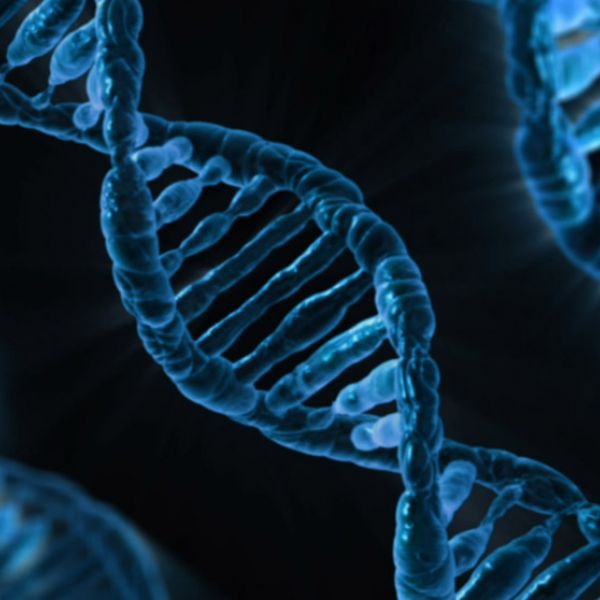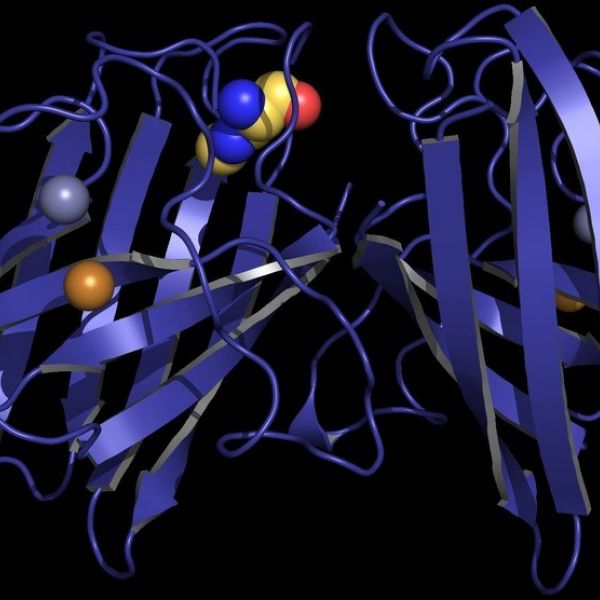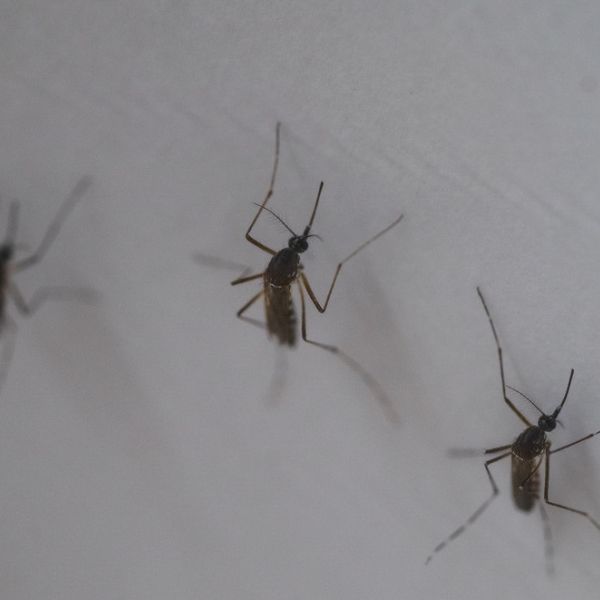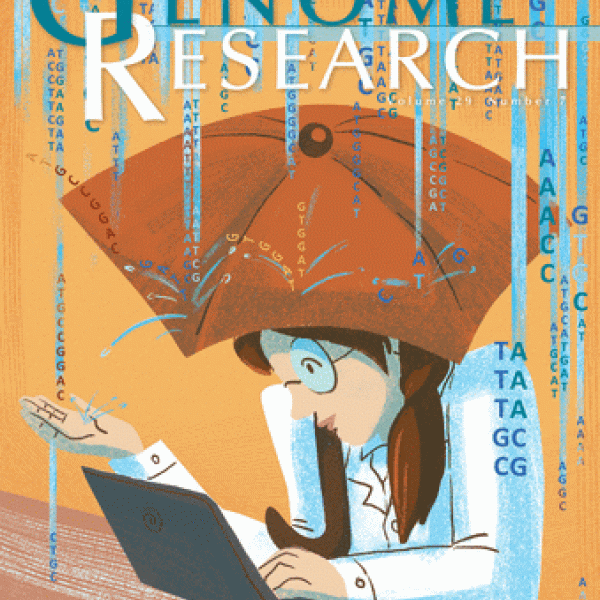News

Jan 08, 2020
Water lily genome expands picture of the early evolution of flowering plants
The newly reported genome sequence of a water lily sheds light on the early evolution of angiosperms, the group of all flowering plants. An international team of researchers, including scientists at Penn State, used high-throughput next-generation sequencing technology to read out the water lily’s (Nymphaea colorata) genome and transcriptome — the set of all genes expressed as RNAs.
Full Article

Dec 18, 2019
New tool reveals DNA structures that influence disease
Disruption of certain DNA structures — called topologically associating domains, or TADs — is linked with the development of disease, including some cancers. With its newly created algorithm that quickly locates and helps elucidate the complex functions of TADs, an international team of researchers is making it easier to study these important structures and help prevent disease.
Full Article

Nov 19, 2019
Tracking inheritance of human mitochondrial DNA
New insight into how genetic information stored in human mitochondria is passed from one generation to the next could have important implications for genetic counseling of people planning pregnancies, according to a study by researchers at Penn State and the University of California, Berkeley.
Full Article

Nov 18, 2019
Personalized gene networks may enhance study of disease
Researchers at Penn State College of Medicine have developed a new method to model how genes interact with each other — and it may someday contribute to the development of personalized treatments for patients.
Full Article

Sep 19, 2019
New tool in fight against malaria
Redesigning molecules originally developed to treat the skin disease psoriasis could lead to an effective new drug against malaria, according to an international team of researchers.
Full Article

Sep 18, 2019
Research suggests how environmental toxin produced by algae may lead to ALS
Can a computer be used to explain why an environmental toxin might lead to neurodegenerative disease? According to Penn State College of Medicine researchers, a computer generated-simulation allowed them to see how a toxin produced by algal blooms in saltwater might cause Amyotrophic Lateral Sclerosis (ALS).
Full Article

Sep 17, 2019
Francesca Chiaromonte named Huck Chair in Statistics for the Life Sciences
Francesca Chiaromonte, professor of statistics at Penn State, was recently named Lloyd and Dorothy Foehr Huck Chair in Statistics by the University’s Huck Institutes of the Life Sciences.
Full Article

Aug 27, 2019
Research predicts stability of mosquito-borne disease prevention
More than half of the people in the world, including in the United States, live alongside Aedes aegypti — the mosquito that transmits dengue, Zika and other often deadly viruses. Dengue virus, alone, infects nearly 400 million people worldwide each year.
Full Article

Aug 05, 2019
New Bioinformatics and Genomics Chair Looks To Capitalize on Program's Strengths
New chair George Perry is considering opportunities for expanded partnerships that will build on the solid foundations already in place in the BG program.
Full Article

Jul 30, 2019
Bioinformatics and Genomics Student Inspires Journal Cover
The July 2019 issue of Genome Research features art inspired by the work of Penn State graduate student Vijay Kumar Pounraja.
Full Article